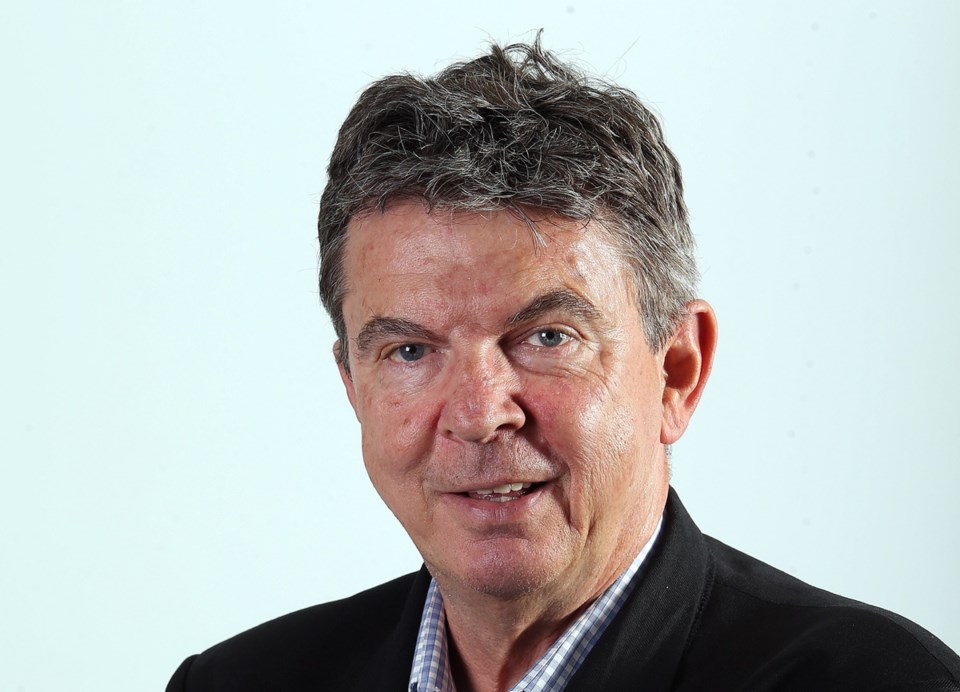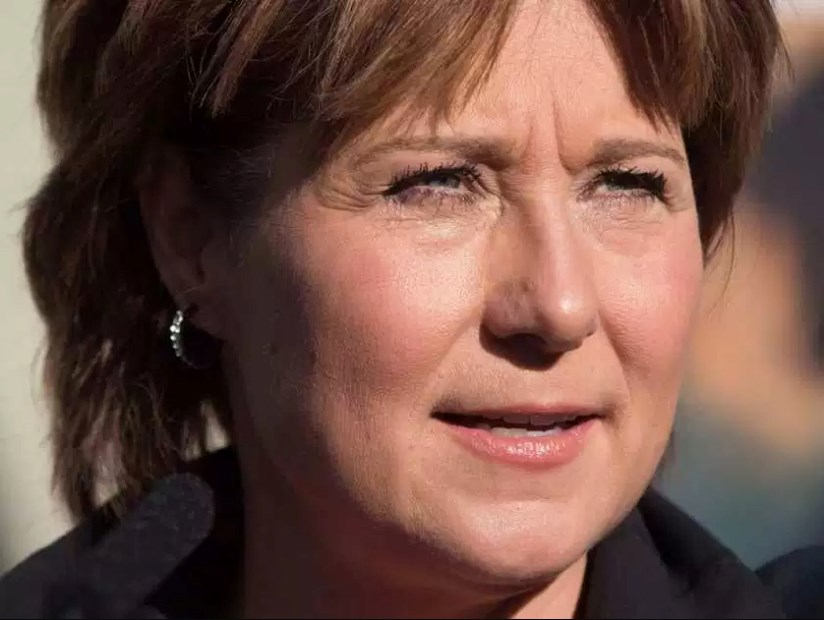 Although no data have been released by the province yet on the impact of the 15 per cent foreign buyers tax in Metro Vancouver, Premier Christy Clark sounded confident Tuesday it’s doing what was intended.
Although no data have been released by the province yet on the impact of the 15 per cent foreign buyers tax in Metro Vancouver, Premier Christy Clark sounded confident Tuesday it’s doing what was intended.
Although prices are still sky-high, the number of sales slowed in Vancouver and prices might be levelling off. Sales and prices were slowing before the tax took effect Aug. 2 as well, so the trend might be firming.
The tax was a major new factor that took everyone by surprise so the adjustment to it after a chaotic few weeks will likely take a while.
Clark begged for more time to analyze the impact, saying it’s a bit early with just one month of data.
But she said: “When I see the new [real estate board] numbers and they tell us we slowed down the price increases for housing, I say: ‘Good.’ Because that’s what we were trying to do. It’s a good start. We’re determined to try to make sure B.C. has a strong economy and is an affordable place for people to live.”
She reiterated the theme with which the new tax was introduced — “We need to put British Columbians first in the decisions we make.”
“If we can allow more people to be able to get into affordable housing … that’s a great outcome.”
Clark told reporters the market was overheated and distorted and prices were going up “way too fast.”
“If we have helped slow that down, that’s good. That’s what British Columbians were counting on us to do.”
August sales figures from Metro Vancouver showed a 23 per cent drop in sales compared to July, but prices were still rising, although at a slower rate. There is intense debate about what’s going on in the market, and what the new tax is doing to it. But most agree it will take a few months to see any if the moderating trend firms up.
Victoria sales dropped compared to July and also had the lowest August inventory in 20 years, according to the Victoria Real Estate Board.
There were predictions of a spillover effect hitting untaxed regions such as Victoria when the foreign-buyers tax was imposed in Vancouver.
But with the full impact still to be determined there, the theoretical spillover effect is also up in the air.
There’s no turning back at this point, though. Clark said she is not reconsidering any of the moves they made in a special July sitting of the legislature called to deal with housing and real-estate issues.
The government brought 10 years of self-regulation by the real-estate industry to an end with a law that takes back direct government oversight, after numerous revelations about lax enforcement of standards.
That change will proceed. The law creating the foreign-buyers tax has options to raise or lower it by five points, but Clark said there is no intention to change the 15 per cent rate at this point.
The additional property-transfer tax levied on luxury homes in February’s budget will also stand.
Clark’s government will be happy to take credit for moderating the real-estate market, but only up to a point. If it works as intended, it will be a big political win.
If a pronounced slump develops, they’ll be answering to a lot of homeowners anxious about where all their equity went.
The Finance Ministry is expected to release a quarterly report on B.C.’s fiscal situation next week. It won’t have any data on the foreign-buyers tax, although Finance Minister Mike de Jong might address it separately.
In the meantime, the focus will turn this fall to the supply side. Clark on Tuesday continued the provincial complaints about local governments draping home builders in red tape. She cited a report saying 150,000 housing units are “languishing in planning departments of cities; some of them have been there for seven years.”
De Jong was the lead minister when it came to clamping down on demand by way of the tax. The upcoming moves on addressing supply will likely be handled by Natural Gas Development and Housing Minister Rich Coleman, who has retained housing responsibility for 11 years through various shuffles.



